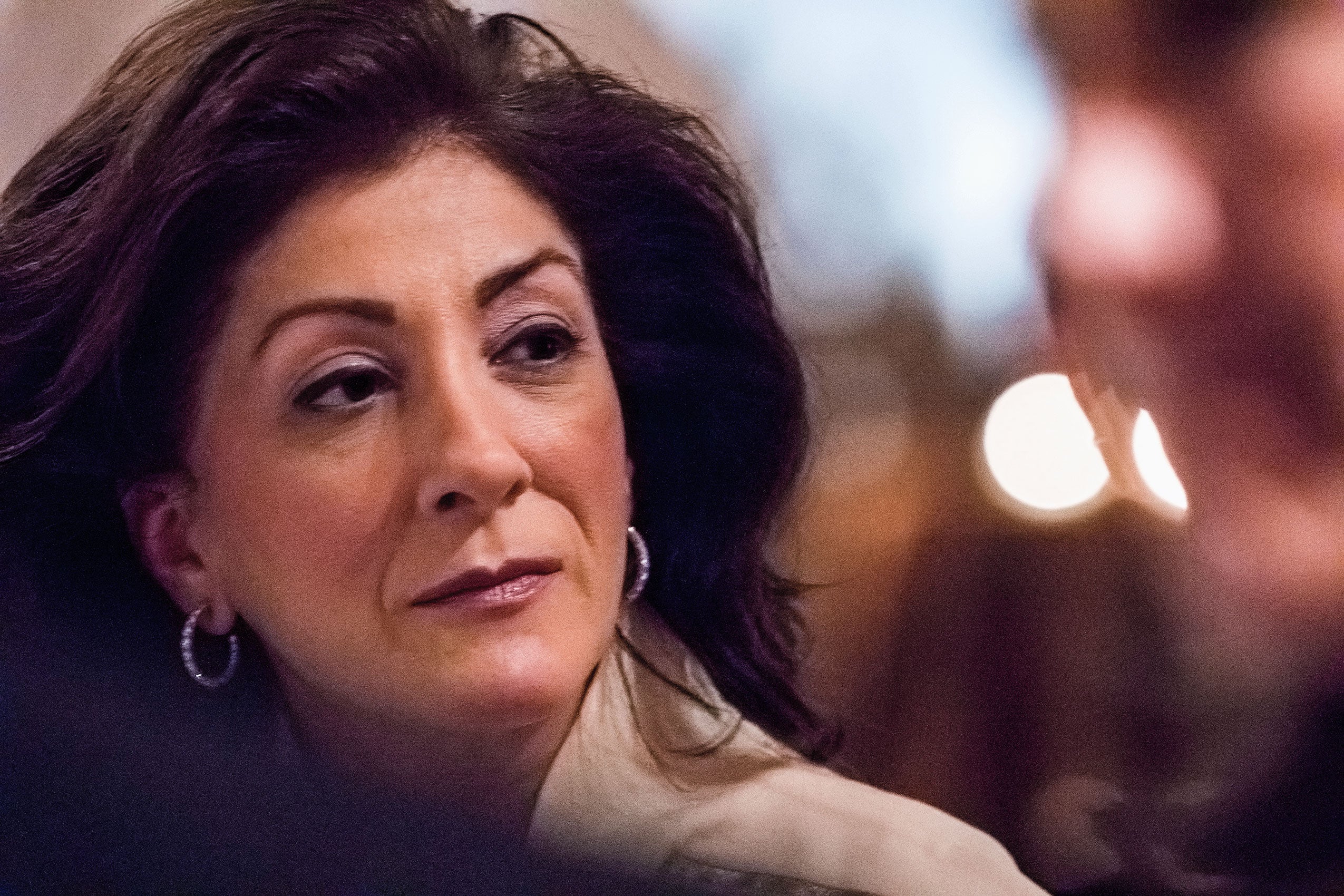Faiza Saeed ’91 arrived at Cravath, Swaine & Moore’s New York office as a summer associate in 1990, convinced that the prestigious law firm would be just a way station on her journey home to the West Coast.
She never left. Saeed returned to Cravath soon after graduation, beginning a distinguished career as an M&A lawyer, corporate adviser and, as of the start of this year, the first woman ever to serve as the firm’s presiding partner.
In 2015, only three top U.S. law firms were headed by women, according to a National Association of Women Lawyers study. “Whether you look at law firms or banks or corporations, it’s been a slower path with lower numbers of women in senior positions,” Saeed said. “One can only hope at some point that starts to accelerate.”
Cracking the secrets of the human genome rather than shepherding corporate takeovers captured Saeed’s imagination when she was growing up in northern California, the daughter of Pakistani immigrants. She started out as a molecular biology major at the University of California, Berkeley, before taking a few economics courses convinced her to double major in both fields and think about a career in business.
Her quantitative background made corporate and transactional work “naturally more appealing” once she opted for law school. As a Cravath associate, she rotated through different corporate practice areas before concentrating on mergers and acquisitions and developing a focus on media deals, as a wave of consolidation began in the late 1990s.
Her list of mega deals includes Vivendi’s $46 billion merger with Seagram, and she’s long advised Time Warner, from its merger with AOL in 2000 through its pending $109 billion sale to AT&T. (Saeed doesn’t do only media transactions: she recently represented Precision Castparts Corp. in its $37 billion sale to Berkshire Hathaway.)
Saeed has developed a reputation for an understated style and for staying calm no matter how high the stakes. “She just exudes this aura of calm professionalism,” said Daniel Slifkin ’91, who has also spent his entire career at Cravath after starting out in the firm’s 1990 summer associate class, which also included Neil Gorsuch ’91, appointed by President Donald Trump to the U.S. Supreme Court.
Slifkin, who heads Cravath’s litigation department, recalled working with Saeed on a matter involving Starbucks and its CEO Howard Schultz. (She advised the coffee chain on its 2012 acquisition of Teavana, among other matters.)
“It has always been obvious that her clients trust her completely and they so value her advice even at the highest levels of corporate America,” Slifkin said.
HLS Professor Robert Clark ’72 has observed Saeed up close as a member of Time Warner’s board of directors. “Her understanding of the law is very rich and deep, but she can communicate it very simply to the board of directors, almost like a teacher’s gift,” said Clark, who also regularly invites Saeed to speak to his M&A class.
Saeed says it’s hard to single out any particular deal but considers her work with DreamWorks “very special”; she was there at the company’s formation in 1994 and worked with founders Jeffrey Katzenberg, Steven Spielberg, and David Geffen from its animation studio’s 2004 IPO through its sale to Comcast in 2016 for $4.1 billion. “For more than 20 years, Faiza has been one of my most trusted advisers,” Katzenberg told The New York Times.
Nevertheless, Saeed said she’s never been tempted to go in-house. “I really like the variety of being an outside adviser,” she said. “You get to see so many different businesses and develop so many different relationships. For me, I find that more interesting and exciting.”
Saeed plans to spend the majority of her time on her practice while leading the 512-lawyer firm with offices in New York and London.
“Cravath is a very consensus-driven organization, so in some ways it takes a great deal of time because it is very much about hearing other points of view and collectively building a consensus,” she said. “But at the same time, it’s a very cohesive culture and it’s a very flat partnership, so I actually think, in terms of keeping that balance and keeping an active and robust practice, it will be achievable.”
